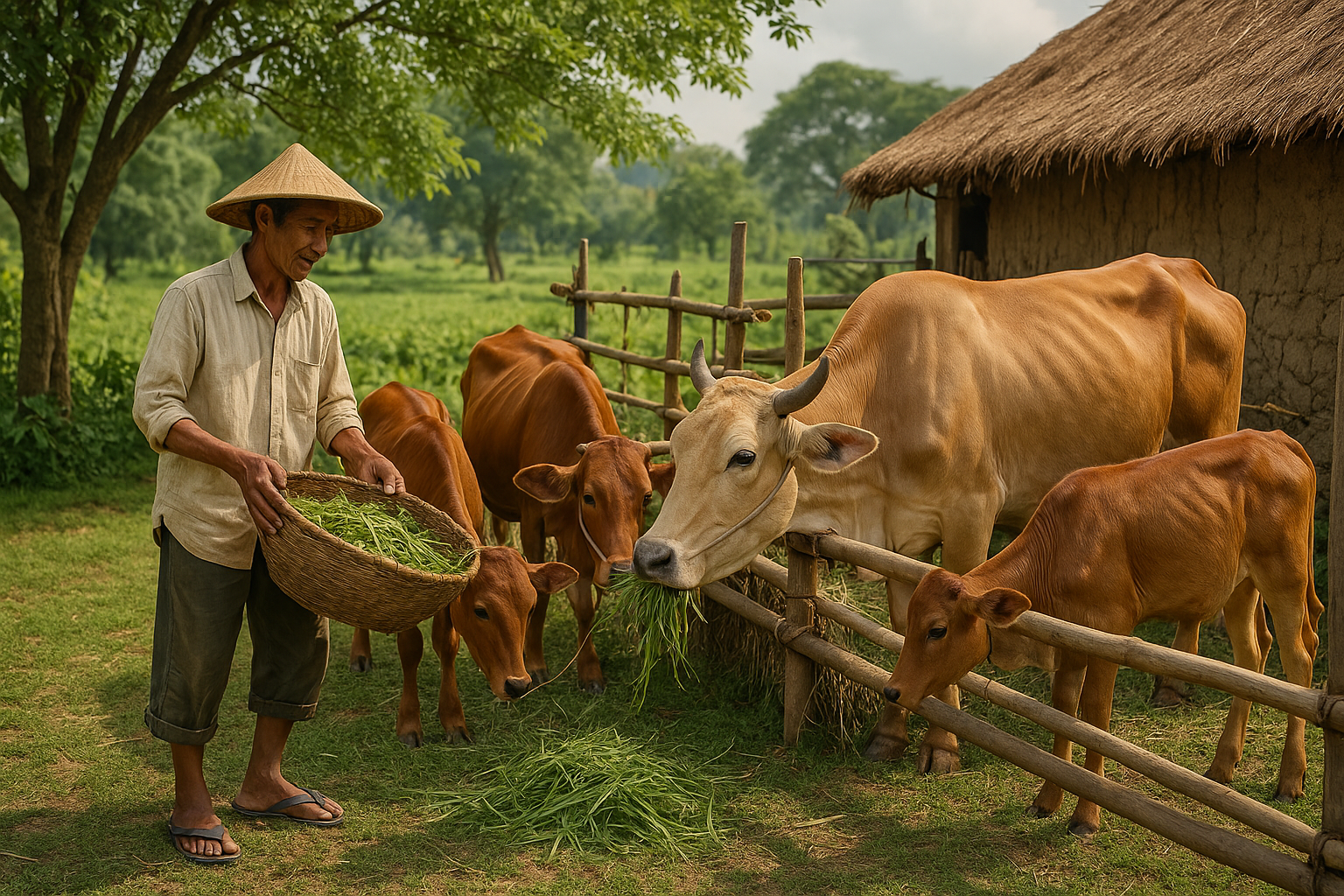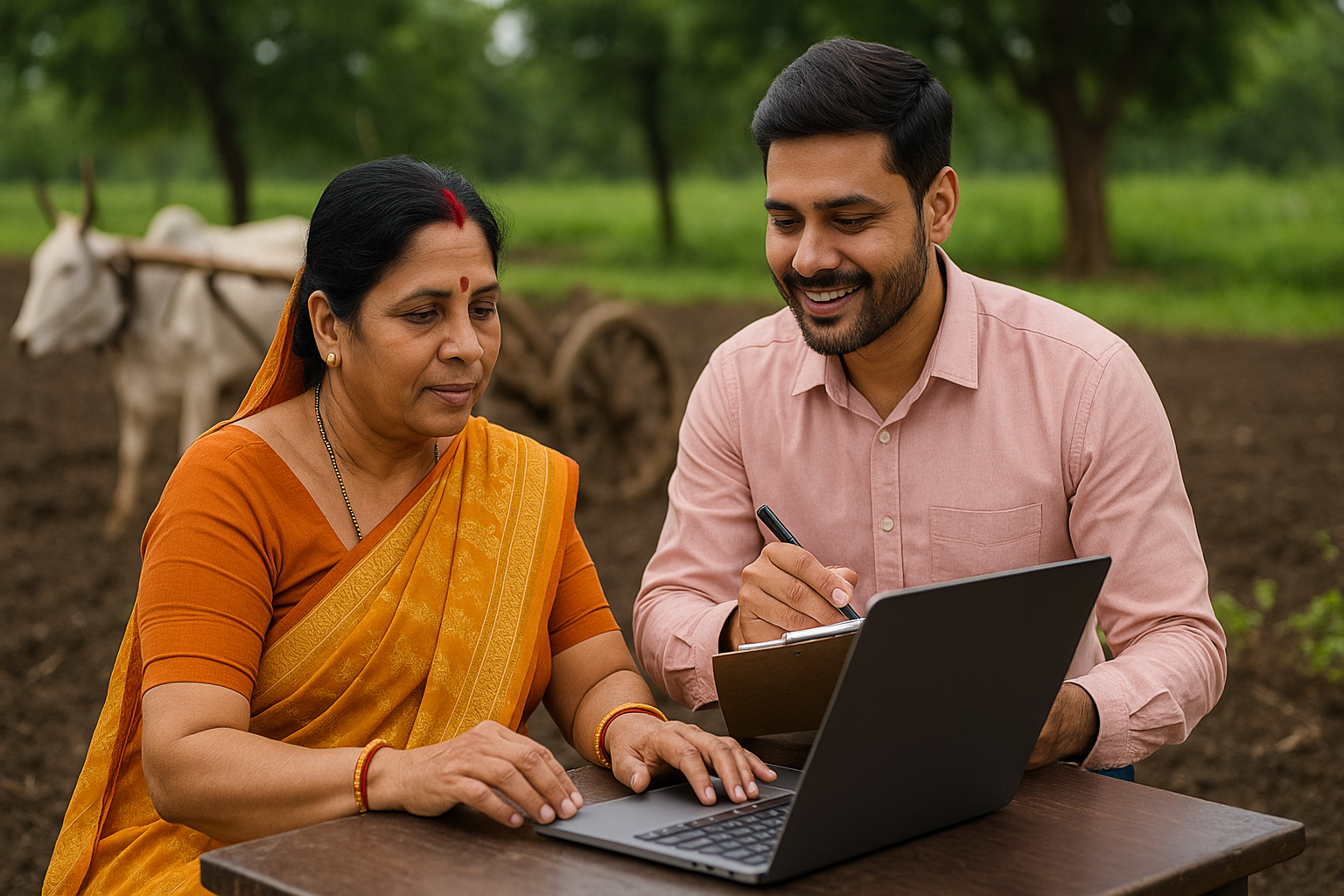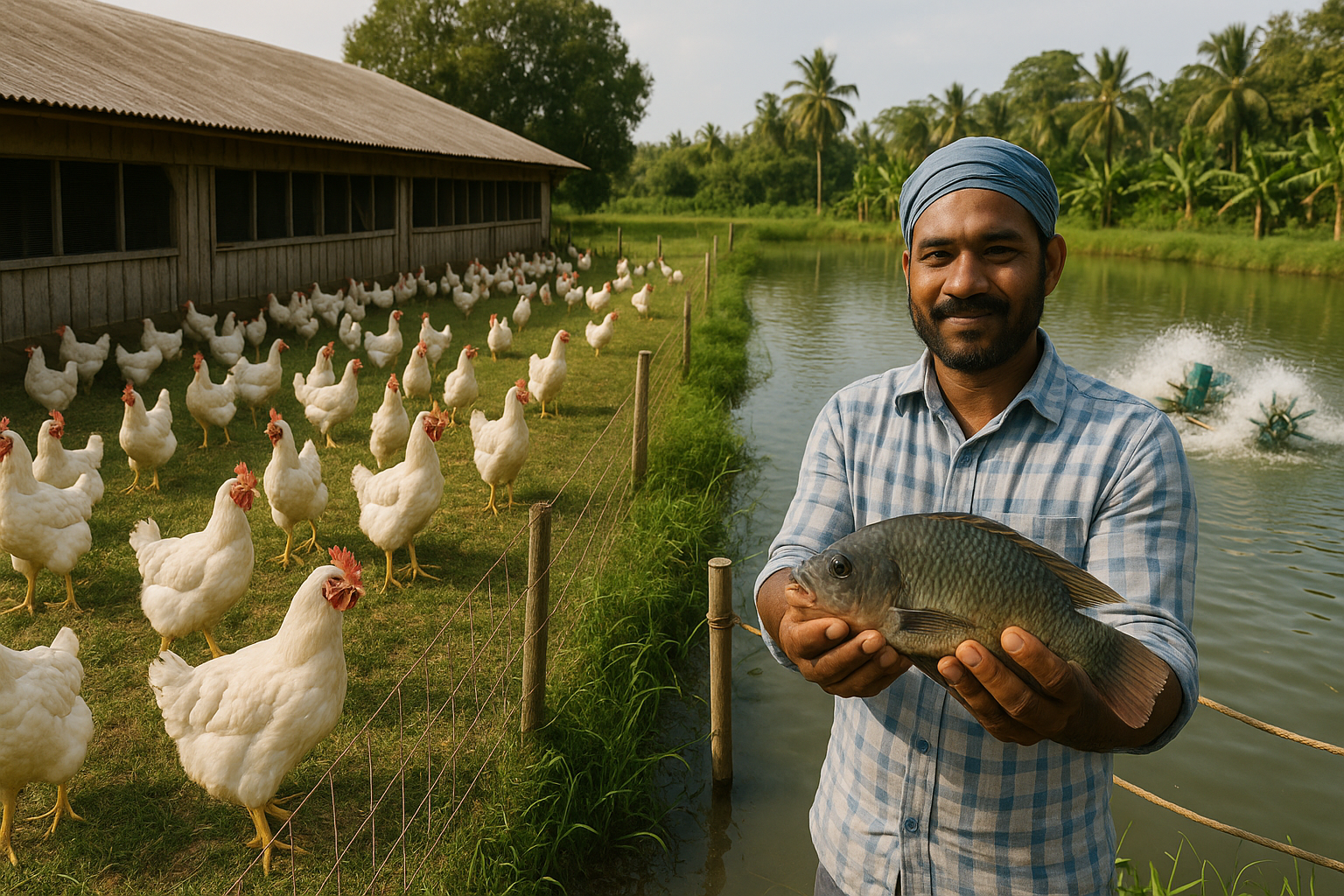In the ever-evolving landscape of Indian agriculture, a new force is emerging—agri startups led by passionate entrepreneurs determined to bridge the gap between traditional farming and modern technology. These startups are not just offering products and services; they are redefining what it means to be a farmer in the 21st century.
Over the last decade, Indian agriculture has faced significant challenges: climate change, market volatility, lack of timely information, and fragmented supply chains. While large-scale policies and subsidies have helped to some extent, it’s the agility and innovation of agri-tech startups that are driving grassroots-level change.

Take, for example, startups focusing on farm inputs and advisory services. Companies like AgroStar and Gramophone allow farmers to order seeds, fertilizers, and pesticides directly via mobile apps. Alongside this, they provide region-specific crop advisories, weather forecasts, and best farming practices, all in local languages. This fusion of convenience and expertise helps smallholder farmers make better decisions, ultimately improving productivity and income.
Another significant innovation comes from market linkage platforms. Startups such as Bijak and Farmpal are streamlining the supply chain by connecting farmers directly with traders, retailers, and consumers. This reduces the layers of middlemen, ensuring farmers get fair prices and prompt payments for their produce. These platforms also provide digital payment options, improving transparency and traceability in transactions.
Then there are startups tackling post-harvest management and logistics, which are traditionally weak links in Indian agriculture. Ecozen, for instance, offers solar-powered cold storage units that help small farmers preserve fruits and vegetables for longer periods, reducing wastage. Others like Arya.ag provide warehousing and quality assessment services to maintain the value of harvested produce.

Some agri-tech ventures are taking it a step further by promoting climate-resilient agriculture. These startups use data analytics, sensors, and satellite imagery to provide predictive insights on rainfall, pest outbreaks, or irrigation needs. By enabling precision agriculture, they help farmers adapt to unpredictable weather patterns and reduce dependency on chemical inputs.
Interestingly, these startups are not limited to urban founders. A growing number of rural youth and agri-graduates are building ventures tailored to their own communities. They understand the local challenges better and are more trusted by the farmers they serve. This rural entrepreneurship wave is also creating employment in agriculture beyond traditional farming, encouraging young talent to return to their roots.
Government initiatives such as the Rashtriya Krishi Vikas Yojana (RKVY-RAFTAAR) and incubation centers like a-IDEA and MANAGE are supporting this movement through funding, mentorship, and infrastructure. This is fostering an ecosystem where innovation in agriculture is not only possible but thriving.
In conclusion, agri startups are not just businesses—they are socially impactful ventures creating sustainable change in the Indian agricultural sector. By focusing on technology, transparency, and farmer empowerment, they are planting the seeds for a smarter, more resilient future of farming.






